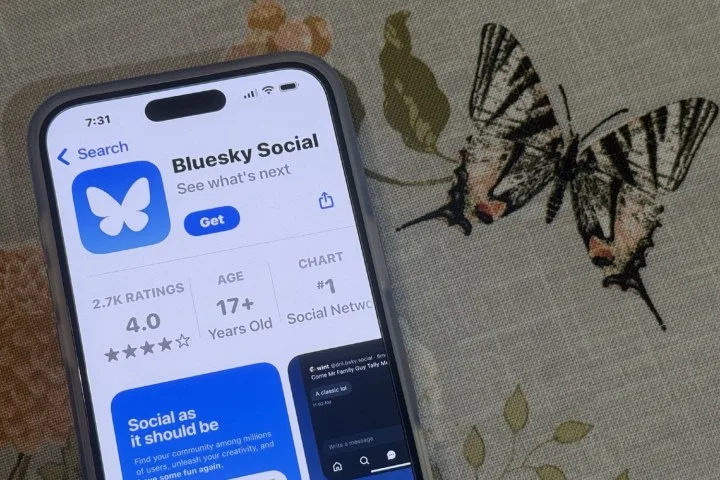In a recent discussion surrounding Elon Musk’s Optimus robot, questions are being raised about the extent of its autonomy. While Musk has touted the capabilities of the robot, critics are skeptical about whether it operates entirely independently or if it is largely controlled behind the scenes.
The Optimus robot, designed to assist in various tasks ranging from manufacturing to providing companionship, has generated considerable excitement within the tech community. During a recent demonstration, Musk emphasized the robot’s potential to make a significant impact on industries and daily life, claiming it could eventually handle a wide range of jobs without human intervention.
However, some experts point out that the technology may not be as advanced as Musk suggests. Concerns have been voiced that the robot may rely on pre-programmed tasks or remote control, raising doubts about its true level of independence. These critics caution that the impressive demonstrations, which showcase the robot navigating obstacles and performing tasks, could be misleading.
As the discourse around autonomous robots continues to evolve, many are eagerly watching how Optimus will develop. The ongoing debates about its capabilities highlight a broader conversation about the future of robotics and artificial intelligence in society. Whether Optimus will emerge as a fully autonomous entity or operate under a veil of control remains to be seen, but the implications for industries and job markets are significant. As this story unfolds, it is clear that the fascination surrounding Musk’s creation is not just about technology, but also the critical discussions it ignites about autonomy and control in the digital age.










